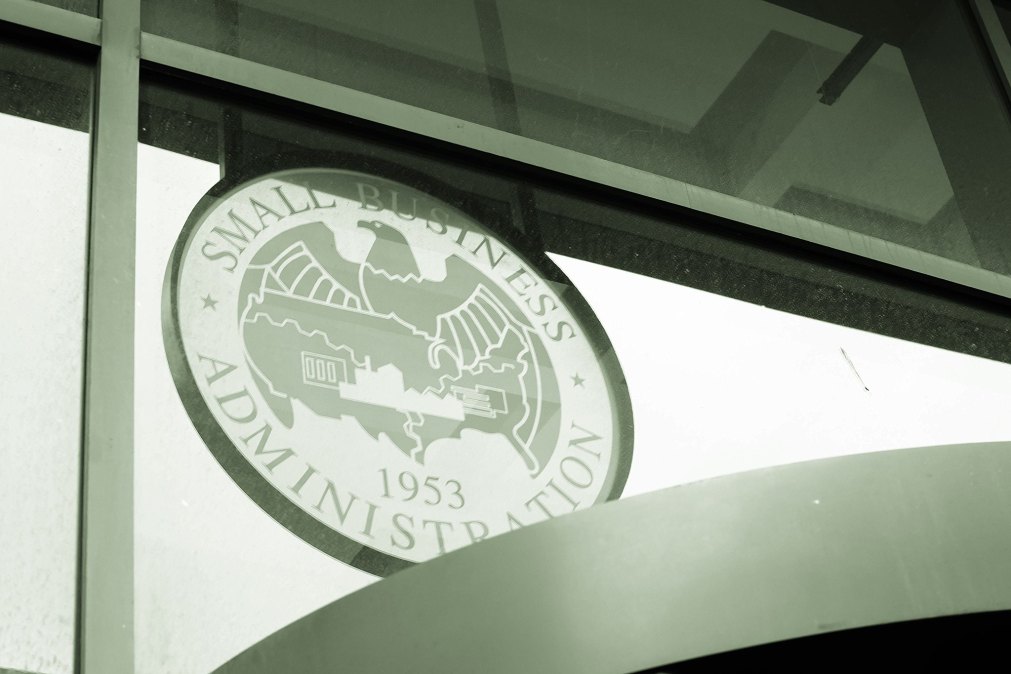Federal judge enjoins use of presumed racial disadvantage in SBA contracting program

A federal judge in Tennessee this week struck down the Small Business Administration’s use of presumed racial and ethnic disadvantage as a qualification for a keystone program intended to broaden the government contracting landscape, throwing it into uncertainty.
The Wednesday ruling from Judge Clifton L. Corker of the U.S. District Court for the Eastern District of Tennessee enjoined the small business agency and the Department of Agriculture — both defendants in the case — from using a “rebuttable presumption of social disadvantage” in the SBA’s business development program known as “8(a).”
The opinion relies in part on the Supreme Court’s recent decision striking down the use of race in college admissions through affirmative action. It could have broad impact as the SBA manages the program across the U.S. government, federal contracting experts told FedScoop, though they noted its full scope isn’t clear and it will likely be appealed.
“It’s a significant blow to what really is the SBA’s crown jewel socioeconomic program,” Matthew Moriarty, a founding partner at Schoonover & Moriarty in Kansas who focuses on federal contracting.
The Small Business Administration, the Department of Agriculture, and the Justice Department, which represents the agencies, didn’t respond to requests for comment on whether they planned to appeal the decision.
In his opinion, Corker said use of a “rebuttable presumption” violated the Fifth Amendment rights of the company that brought the lawsuit, Ultima Services Corporation, to equal protection of the law.
A “rebuttable presumption” is a legal term for something presumed true absent other evidence. The statute that established the 8(a) program, Small Business Act, uses that presumption in the section that defines certain racial and ethnic groups as socially disadvantaged. The 8(a) program is aimed at helping small businesses that are at least 51% owned and operated by a U.S. citizen who is socially and economically disadvantaged.
Corker said the agencies didn’t identify whether racial groups are underrepresented in specific industries that are relevant to contracts in the 8(a) program and didn’t outline the goals of the program.
“Without stated goals for the 8(a) program or an understanding of whether certain minorities are underrepresented in a particular industry, Defendants cannot measure the utility of the rebuttable presumption in remedying the effects of past racial discrimination,” Corker said.
The lawsuit began in March 2020 when Ultima, a small business government contractor, filed a complaint alleging that the rebuttable presumption in the program was racially discriminatory. The business is owned by Celeste Bennett, a white woman, and isn’t eligible for the presumption. In court documents, Ultima claimed it lost out on opportunities to businesses in the program.
“We’re pleased with the decision,” said Michael E. Rosman, general counsel for the Center for Individual Rights, who represents Ultima. “Defendants’ reservation of contracts for the Section 8(a) program was decimating to Ultima, shrinking its revenues by large proportions. The order enjoins the use of a presumption that favored certain small businesses based solely on the race of their owners.”
Rosman said they believe the decision would preclude USDA from “reserving virtually every contract in Ultima’s industry for the program” and “will have significant positive effects outside of the USDA” as the Small Business Administration’s approval is needed to reserve contracts for the 8(a) program.
Whether the ruling impacts those currently in the program isn’t clear.
Emily W. Murphy, a senior fellow at the Greg and Camille Baroni Center for Government Contracting at George Mason University, said if the ruling stands, current participants in the program will likely have to prove their disadvantage.
If the injunction is going to remedy harm against Ultima, which is challenging how the program is being administered in favor of those currently in the 8(a) program, “it would suggest it has to apply to current participants,” said Murphy, former administrator of the General Services Administration and a former SBA contracting official.
While the opinion could be appealed, she said the administration will likely have to weigh the risks of such an action in the current legal environment. The SBA and DOJ are going to have to figure out how to maneuver through that because the ruling comes as the federal government is in its fourth quarter, where a majority of spending takes place, Murphy said.
Others said impact on those in the program currently isn’t likely.
Moriarty said the decision is unlikely to impact current set-asides — contracts specifically designated for types of small businesses — and people currently in the program. But moving forward, the SBA can’t rely on the presumption that certain individuals are socially disadvantaged. Those businesses could still demonstrate disadvantage, but that process would likely be longer and more difficult, he said.
“So now, because of this injunction, all applicants, regardless of the type of person that they are, are going to have to demonstrate specific instances of social disadvantage in order to be granted entry into the program,” Moriarty said.
Antonio R. Franco, managing partner at Piliero Mazza in Washington focused on government contracting, also said he doesn’t believe the ruling would apply to people currently in the program, but that it could have a chilling effect on working with businesses in the program.
“The problem is going to be can those people still benefit from the program if agencies are reluctant to award contracts to these companies because they believe that they’re going to be challenged using this case,” Franco said.
The parties in the cases will meet next on Aug. 31 to discuss other potential remedies.





